By: Henry Kusuma AdikaraKOPI, Jakarta – Just recently, the state-owned enterprises (BUMN) minister of Indonesia, Erick Thohir, announced the plan to revitalize PT. Garam, the salt BUMN, by expanding to international markets, through foreign direct investments (FDIs) into overseas industrial salt companies. This strategic move can be read as the reflection of the fact that PT. Garam’s current focus on catering the domestic demands for consumption salt and low-grade raw salt materials for industrial applications needs to be repositioned. There is another lucrative business line that needs to be explored, which is to supply industrial salt for domestic needs or even to overseas markets that is currently dominated by imports.
First of all, we need to give a big applause to Erick Thohir for this breakthrough, which is intended to significantly increase the top and bottom-line profits of PT. Garam, as well as to help escalate the image of PT. Garam as a new salt player in the global market. As far as the businesses of PT. Garam are concerned, PT. Garam focuses on supplying low grade salt for industrial and consumption needs; industrial salt produced is supplied for skin tanning and foods industry’s less strict standards demands, while consumption salt is supplied to cater the needs for table and health salt.
Current challenges
That said, PT. Garam is still faced with two of the classical issues in the local salt industry, namely the staggering unstable local salt price and the limited production capacity of PT. Garam, driving the unstable profit profile of the company. Local salt pricing in Indonesia is in tradition seen to be unpredictable, thanks to the immature market mechanism and unstable production volumes, leading to volatile local salt prices in the country from time to time. For example, back in 2016, when the La Nina weather hit Indonesia, we saw a drastic drop in the local salt production, leading to unreasonably drastic salt price spikes in the country, where raw salt price was offered at around IDR3.3 millions/ tonnage, from previous about IDR0.75-1.5 millions/ tonnage. Even the impact is still seen until today, where the local salt pricing is just too sticky to return to its previous pricing before the La Nina weather. Another contributor is the limited salt production capacity of PT. Garam, due to the scarcity of good lands and waters and weather issues in Indonesia to support producing the quality industrial salt. For 2019 salt production alone, until November, the total national salt production only accounted for 2.09 million tons of raw salt, where PT. Garam only contributed about 16.6% of the figure (CNBC Indonesia, 14 January 2020). Meanwhile, the national demand for salt for this year is expected to be about 4.5 million tons. Consequently, the balance must then be plugged in by imported salts.
Given the huge domestic demand for imported salt and the aforementioned problems, Erick Thohir has definitely seen that the business repositioning of PT. Garam is highly imperative than ever if it wants to maintain a sustainable profitability, while at the same time it still has to uphold its nationalistic responsibility to protect the national salt interest in the country. FDIs by PT. Garam is hence being proposed.
Things to consider
Despite that genuine move, there are several considerations that merit particular attentions by the central government so as to carry out the plan successfully, which can be categorized into two aspects, namely internal and external factors. Internally, the government should consider the modality of the current organizational structure and culture within PT. Garam to support the plan. Failing to recognize those issues may lead to disastrous results. Scanning through the inside out of this ‘red plate’ company is indispensable, to find out solutions to potential internal barriers and mental blocks from within the company. It is particularly important as its management and staff may have been already accustomed to doing their day-to-day business activities supporting the current business focus that might have been practiced for quite some time.
Meanwhile, when the initiative is implemented, it will require concerted supports from within, through the implementation of significant or even transformational changes to support the strategic move. For example, a “Glocal” (go global, with local nuances) mindset must be embedded as part of the new cultural changes. This, in turn, would mean that fresh, bright and impartial minds with the growth mindset must be given opportunities to take the helm of the company. The top management must be chosen based on professionalism, not favoritism. Since the plan is related to FDIs, some of the requirements that should be employed when selecting the top management of this company are a proven track record in investments in the salt business, strong business acumen, and having a good rapport with stakeholders in the industry.
Externally, the government should consider the current complex interplay in the local salt industry, requiring constant coordinations with various governmental departments, such as inter the ministry of marine affairs and fisheries, the ministry of trade, the ministry of industry, and the ministry of state-owned enterprises. Since there is yet clarity in terms of the leading sector to revitalise the salt industry in Indonesia, it is often ‘ruckus’ in the public sphere when it comes to import license release, import quota released, the owner of one national salt data, local salt price ceiling policy, and local salt absorption policy. To add more, political nuances and interest groups pressures may lead to the inability of the industry to advance. Hence, If we expect the strategic plan is to be successful in implementations and in results, it is imperative that the external prerequisite supporting the initiative exist, which is the availability of a leading sector acting as the spearhead for the development of the industry and to identify the responsibility and accountability of the above each government body. Even a special task force can be proposed to expedite the industrial restructuring, in the spirit of upscaling PT. Garam and developing the sector.
Author: Henry Kusuma Adikara, MBA, FMVA, CIA; A Corporate Strategist; The former corporate development and investment strategist at Cheetham Garam Indonesia (the subsidiary of Cheetham Salt Limited, Australia).

Kunjungi juga kami di www.ppwinews.com dan www.persisma.org
Ingin berkontribusi dalam gerakan jurnalisme warga PPWI…? Klik di sini





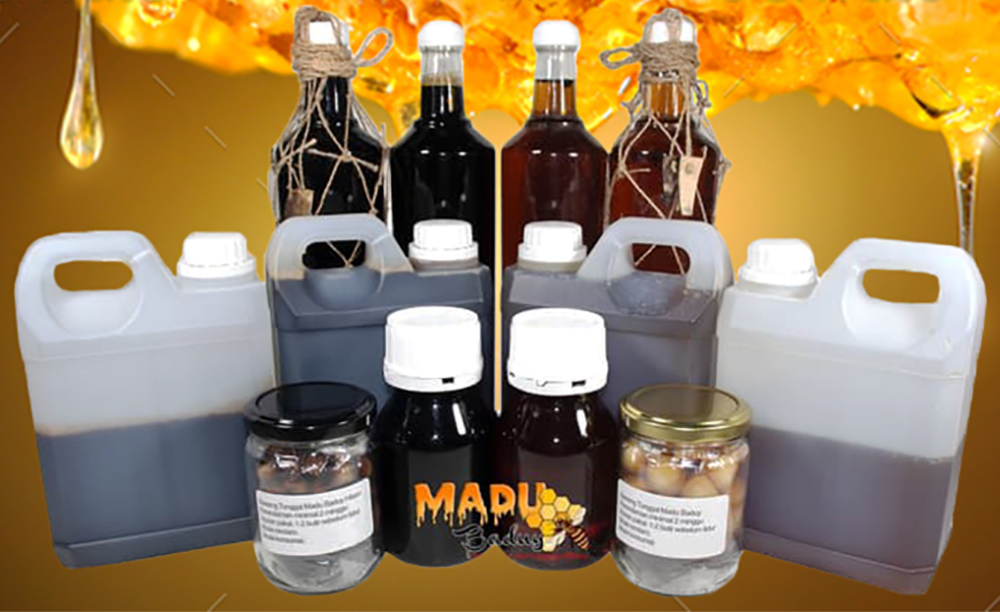



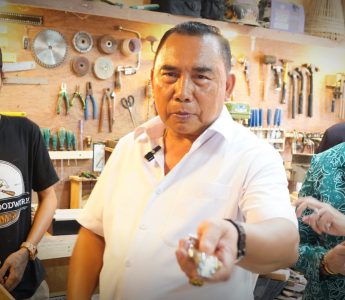




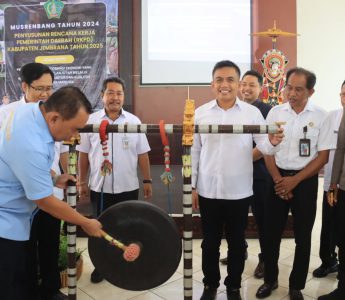

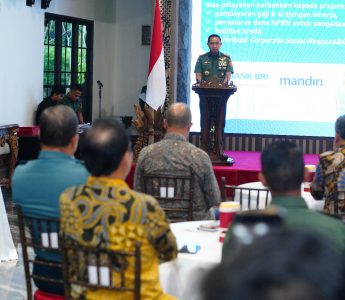
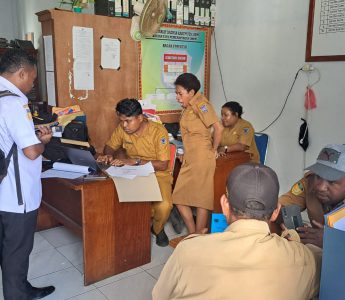

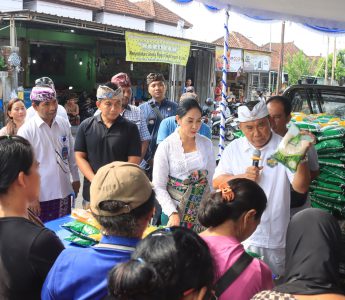
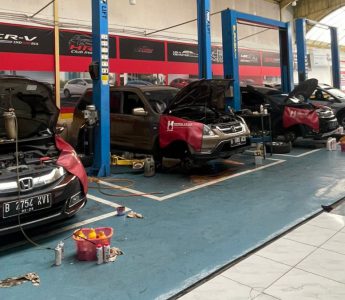

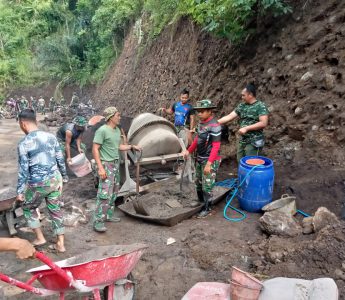
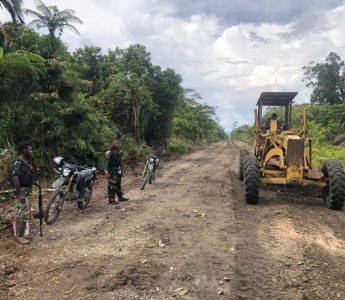
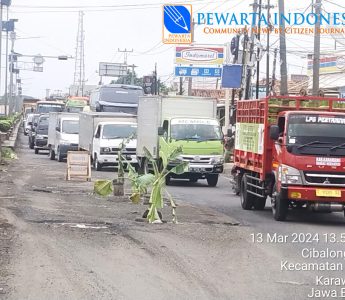
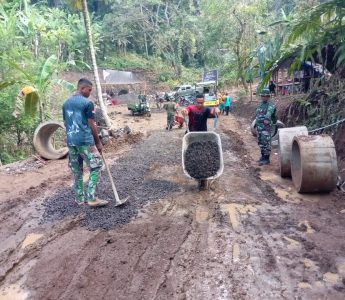

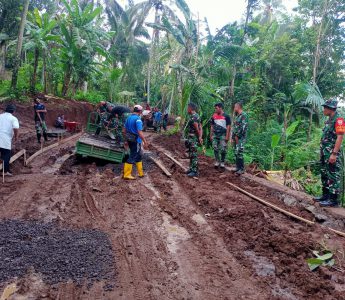
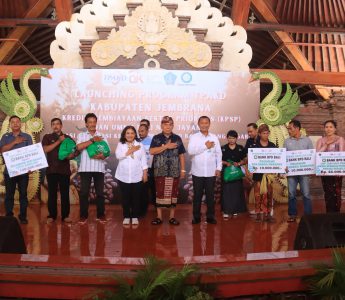
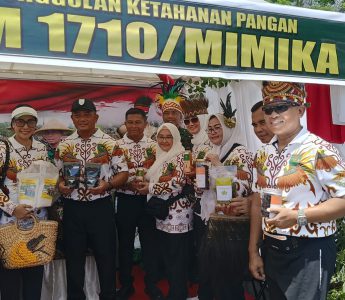
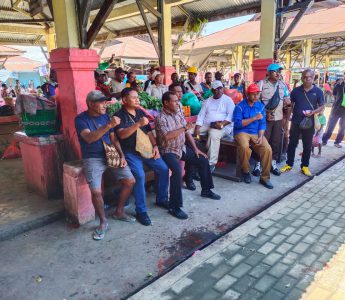

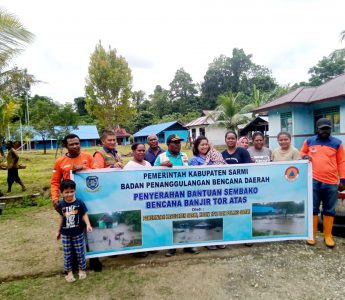
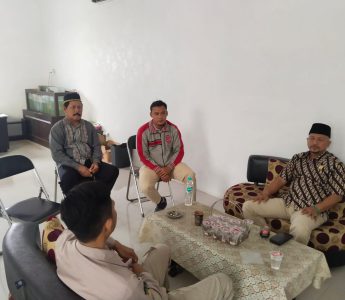
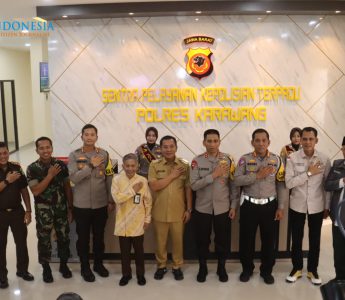
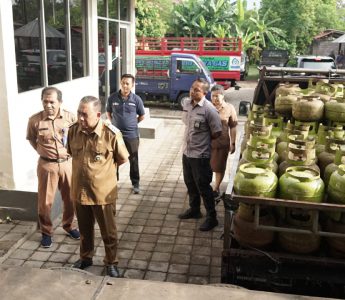

Comment